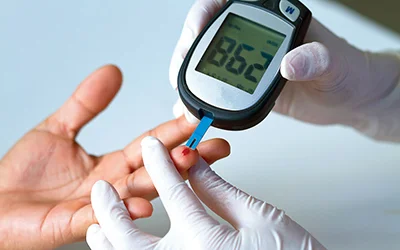
What is Diabetes?
Diabetes is a sickness that affects how your body uses glucose, which is a sugar type that serves as the main source of energy for your cells. After you eat, food gets broken down into glucose which enters the bloodstream. Subsequently, the pancreas manufactures insulin; a hormone that facilitates movement of glucose from the blood to individual cells for use as fuel.
Types of Diabetes:
1. Type 1 Diabetes:
- Type 1 diabetes as an autoimmune disease refers to a condition where immune system attacks and destroys pancreatic cells responsible for production of insulin-hormone with little or no secretion.
- Individuals with Type 1 diabetes must take insulin shots or use an insulin pump in order to manage their blood sugar levels.
- Though it can occur at any age, usually type 1diabetes occurs during childhood and young adulthood.
2. Type 2 Diabetes:
- Most cases of diabetes are accounted by type two diabetes mellitus, being among the most common form of this illness.
- It happens when your body stops responding to insulin or doesn’t produce enough insulin needed for normal blood glucose level maintenance.
- Risk factors associated with Type 2 diabetes include obesity, physical inactivity, unhealthy eating habits, family history and age.
- Often type 2 diabetes can be managed through lifestyle changes such as dieting, exercising or taking medicine. In some cases though, insulin therapy may have to be administered.
3. Gestational Diabetes:
- Gestational diabetes occurs during pregnancy when the body cannot produce enough insulin to meet the extra demands of pregnancy.
- It usually develops around the 24th to 28th week of pregnancy and typically resolves after childbirth.
- Women who have had gestational diabetes are at increased risk of developing Type 2 diabetes later in life.

